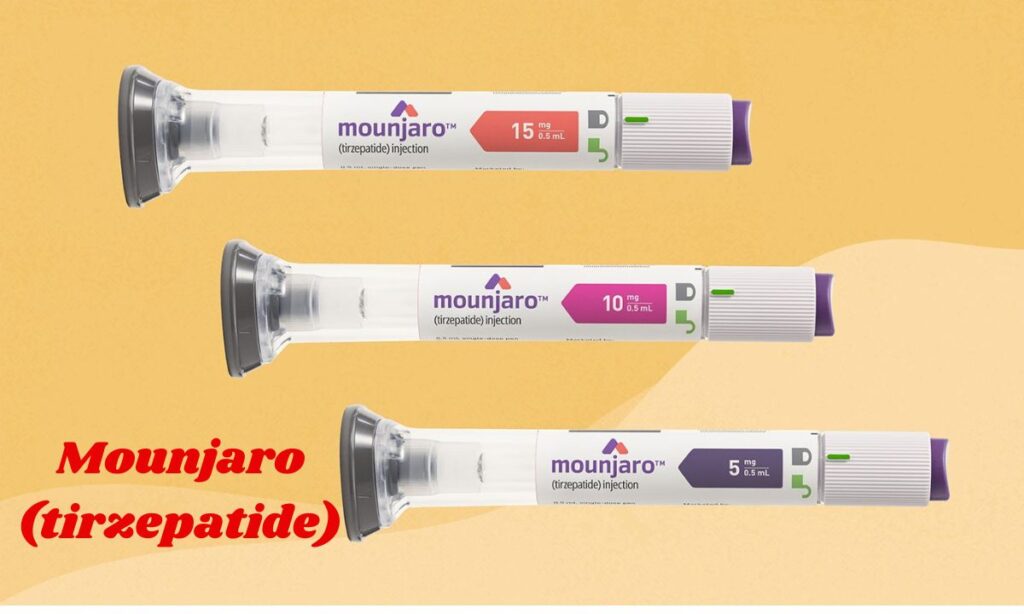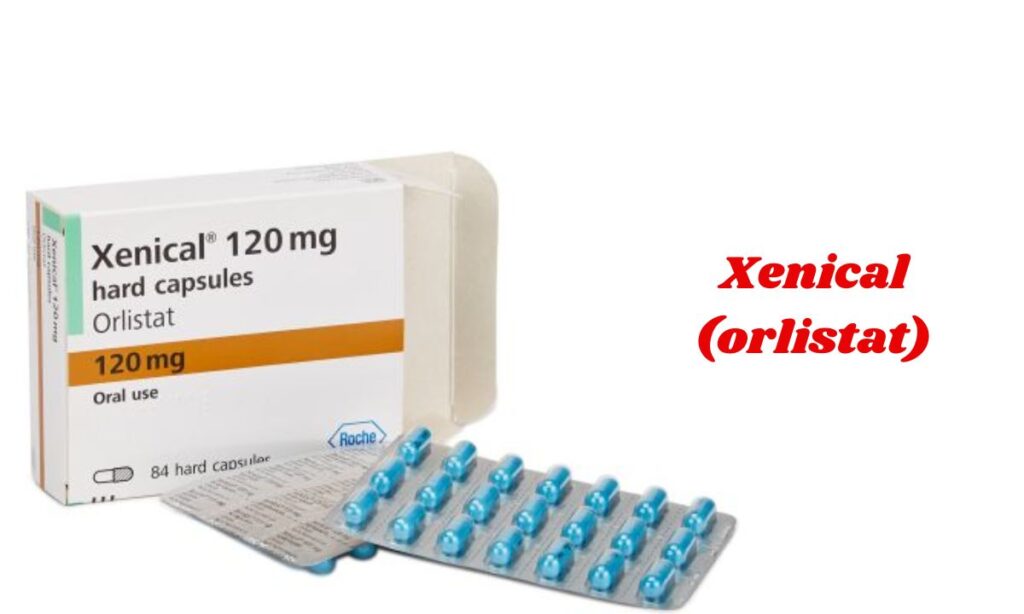Zep bound represents a significant advancement in weight management medication. This FDA-approved weekly injection contains tirzepatide, which works by mimicking two important gut hormones:
GLP-1 and GIP. These hormones help regulate appetite and digestion, making Zepbound an effective tool for chronic weight management.
The medication has shown remarkable results in clinical trials, helping patients achieve significant weight reduction through controlled appetite and improved metabolic function.
Current Market Availability and Supply Status
The status of Zep bound availability has been a topic of significant interest in the medical community. As of January 2025, Zep bound is fully available in the market with no reported shortages.
Eli Lilly, the manufacturer, has successfully increased production capacity at their new Concord, North Carolina facility. This expansion has helped meet the growing consumer demand for weight management medications.
The company continues to monitor supply levels closely and maintains regular communication with healthcare providers about availability.
Detailed Analysis of Top Zep bound Alternatives
A detailed analysis of top Zep Bound alternatives focuses on identifying similar tools or products that offer comparable features and benefits.
Zep Bound, known for its efficiency in task management and organization, has competitors with unique strengths, such as enhanced collaboration tools, customizable workflows, or integrations with popular platforms.
Alternatives like Trello, Asana, Monday.com, and Click Up are often considered, each catering to specific user needs and industries. By comparing features, pricing, and usability, you can identify the best option to match your productivity goals.

Mounjaro (tirzepatide)
Mounjaro stands as the closest alternative to Zep bound, containing the identical active ingredient tirzepatide. This medication delivers similar weight loss results through weekly injections.
The primary distinction lies in its FDA approval for type 2 diabetes rather than weight management. Patients using Mounjaro have reported average weight reductions of 13.9% over 104 weeks, particularly in those with type 2 diabetes.
Insurance coverage often favors Mounjaro for diabetic patients, making it a cost-effective alternative.
Wegovy (semaglutide)
Wegovy represents another powerful option in the weight management category. This weekly injection mimics GLP-1 hormone activity, though it differs from Zep bound by not affecting GIP.
Clinical studies demonstrate impressive results, with patients achieving average weight losses of 15.8 kg over 68 weeks.
Wegovy holds the distinction of FDA approval for both adults and adolescents aged 12 and older, offering broader accessibility for weight management needs.
Ozempic (semaglutide)
Ozempic shares its active ingredient with Wegovy but comes in lower dosage strengths. Originally developed for type 2 diabetes management, this medication has shown significant effectiveness in weight reduction.
Clinical trials report that patients taking 2 mg weekly achieved 5-10% body weight reduction over 40 weeks. The medication particularly benefits diabetic patients, often receiving favorable insurance coverage for this population.
Saxenda (liraglutide)
Saxenda marked a milestone as the first GLP-1 agonist approved for weight loss in the United States. This daily injection option provides consistent appetite control through GLP-1 hormone simulation.
Clinical data shows patients typically achieve 5-10% weight loss over 56 weeks of treatment. The medication’s daily administration schedule requires more frequent engagement than weekly alternatives, potentially affecting patient compliance.
Phentermine (adipex, lomaira)

Phentermine offers a different approach to weight management through oral administration. This appetite suppressant medication, available since 1959, provides short-term support for weight loss efforts.
The medication requires daily dosing, typically before breakfast, and works best when combined with dietary modifications and regular exercise. Its stimulant properties help reduce hunger sensations throughout the day.
Contrave (naltrexone-bupropion)
Contrave combines two active ingredients to address weight management through multiple mechanisms. This oral medication requires twice-daily dosing, targeting both appetite and reward centers in the brain.
Clinical studies demonstrate 5-10% weight loss over 56 weeks when combined with lifestyle modifications. The dual-action approach provides comprehensive support for weight management efforts.
Qsymia (phentermine/topiramate ER)
Qsymia combines phentermine with topiramate in an extended-release formulation. This once-daily oral medication supports weight loss through appetite suppression and satiety enhancement.
Clinical evidence shows 5-10% weight reduction over 56 weeks of treatment. The medication requires careful consideration for certain populations due to specific contraindications and potential interactions.
Xenical (orlistat)

Xenical approaches weight management through fat absorption prevention. This thrice-daily oral medication blocks approximately 30% of dietary fat absorption.
Clinical studies demonstrate average weight losses of 8.5% over the treatment period. The medication’s unique mechanism requires careful dietary management to minimize potential gastrointestinal effects.
Natural Approaches to Weight Management
The foundation of successful weight management often lies in natural approaches. A balanced diet rich in whole foods, lean proteins, and complex carbohydrates provides essential nutrition while supporting weight loss goals.
Regular physical activity, combining both aerobic exercise and strength training, enhances metabolic function and supports long-term weight maintenance.
READ THIS BLOG:Pedro Gomez Wash U: A Trailblazer In Pre -Medical Education And Global Health
Adequate sleep, stress management, and proper hydration complete the natural approach to sustainable weight management.
Transitioning Between Weight Loss Medications
Switching between weight loss medications requires careful medical supervision. Healthcare providers carefully evaluate current medication responses, individual health factors, and treatment goals when considering medication changes.
The transition process often involves gradual dose adjustments and close monitoring of response and side effects. Patient communication regarding any concerns or changes in response remains crucial throughout the transition period.
Frequently Asked Questions
Can I take multiple weight loss medications simultaneously?
Medical supervision is essential for any combination therapy. Healthcare providers carefully evaluate potential interactions and individual health factors before considering medication combinations.
How long should I wait between switching medications?
Individual transition periods vary based on specific medications and personal health factors. Healthcare providers determine appropriate waiting periods based on medication properties and patient response.
What side effects should I watch for when changing medications?
Common monitoring includes gastrointestinal effects, changes in appetite, and mood alterations. Report any unusual symptoms to your healthcare provider promptly.
Will my insurance cover alternative medications?
Coverage varies by insurance provider and specific medication. Check with your insurance provider and healthcare team regarding coverage options.
How do I know if an alternative medication is right for me?
Healthcare providers evaluate individual health factors, treatment goals, and previous medication responses to determine suitable alternatives.
Making the Right Choice for Your Weight Management Journey
Successful weight management requires a personalized approach combining appropriate medication choices with lifestyle modifications.
Regular consultation with healthcare providers ensures optimal medication selection and management. The journey to successful weight management often involves trying different approaches to find the most effective combination for individual needs and goals.

Tina Morris is an experienced blogger and a passionate wordsmith at Phrase Pioneers. With a keen eye for language and a deep love for writing, she shares insightful posts on grammar, phrases, and the art of communication.







